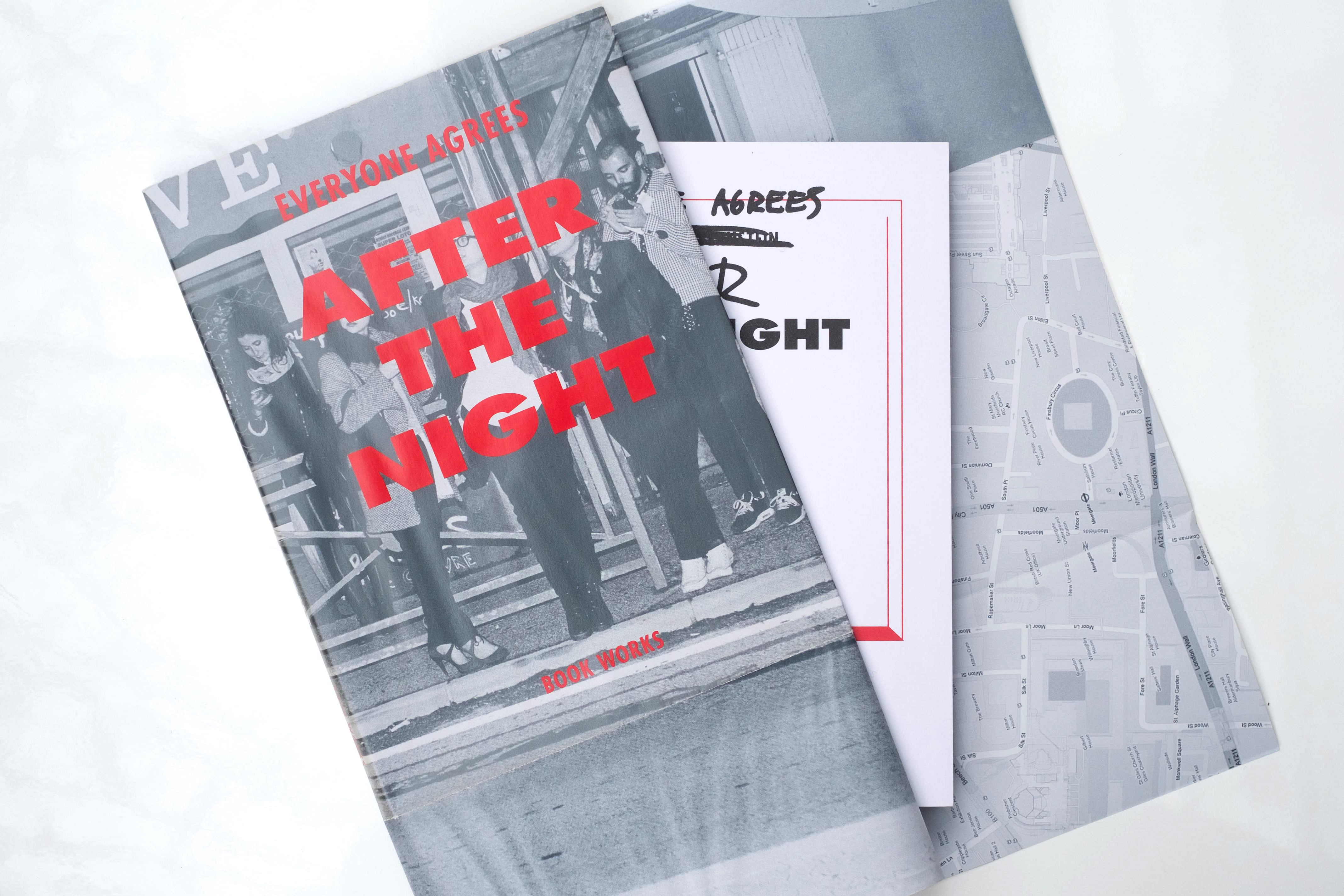
‘François!’ said Jurgen, drawing up a chair for his companion, his blonde hair falling into his bloodshot eyes. ‘You missed the party last night! I brought Susanne along because she expressed interest in seeing how the art set lived.’ ‘Great,’ said Francis, ‘finally, a proper menage à trios.’ ‘Actually,’ said Jurgen, commanding an espresso with a wave, ‘Eliot also got in touch this morning. She just got back from Shanghai, so I suggested we brunch. We’re a quartet, or quattor.’
Once he had secured the participation of Olivier Zahm, thought Francis, he would have to find some way of getting rid of Jurgen. There was no way this fool was coming to the country house. Clearly, Jurgen saw himself as the Gilles figure; but in this update, he would have a strictly comic walk-on part.
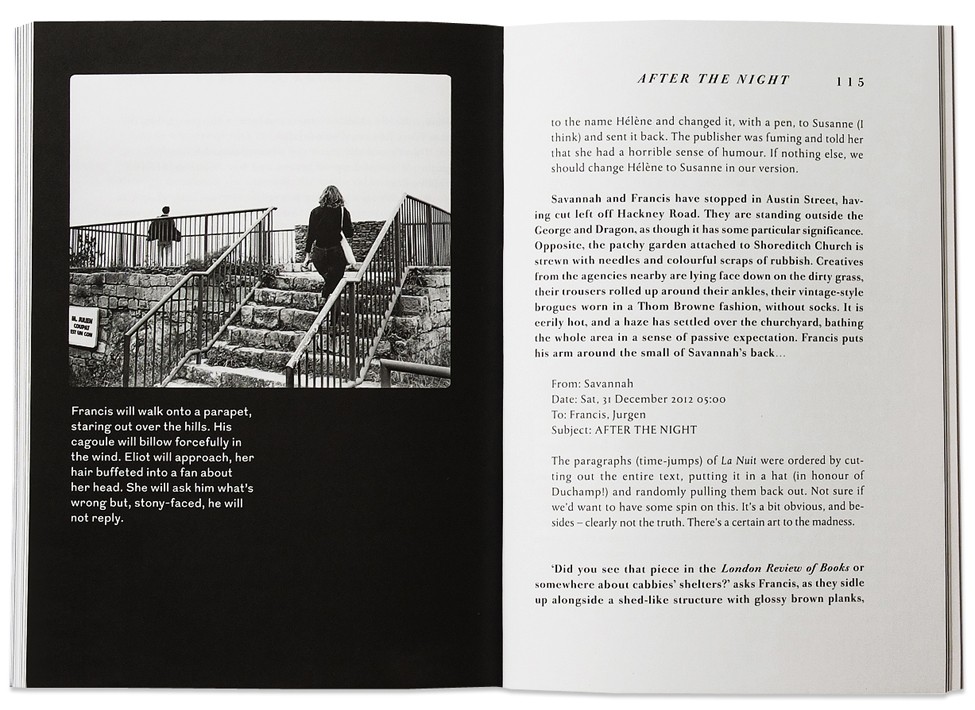
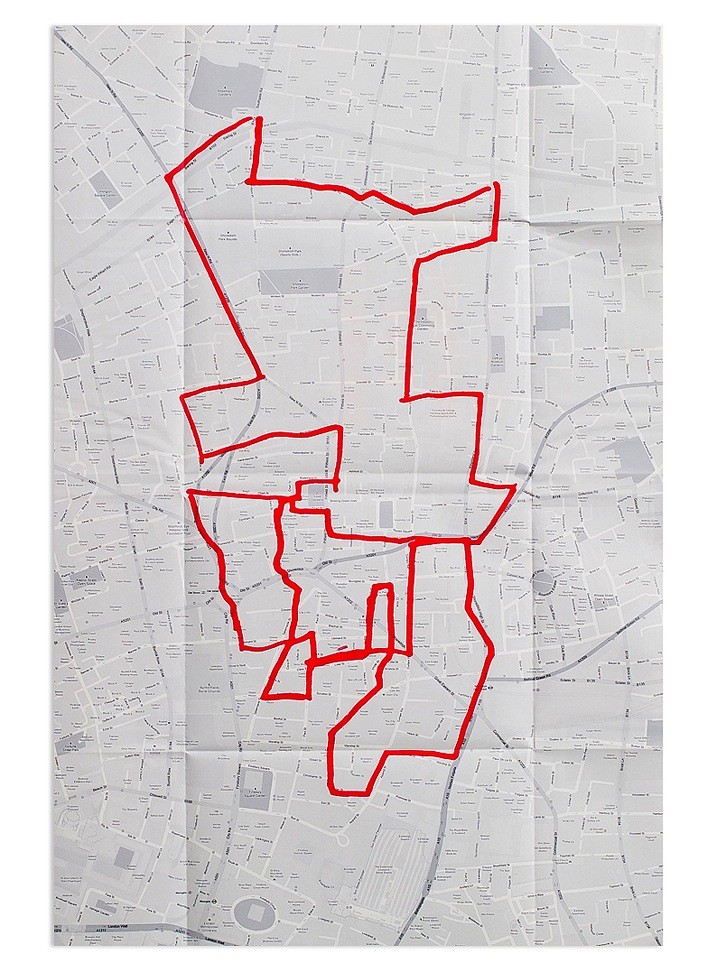
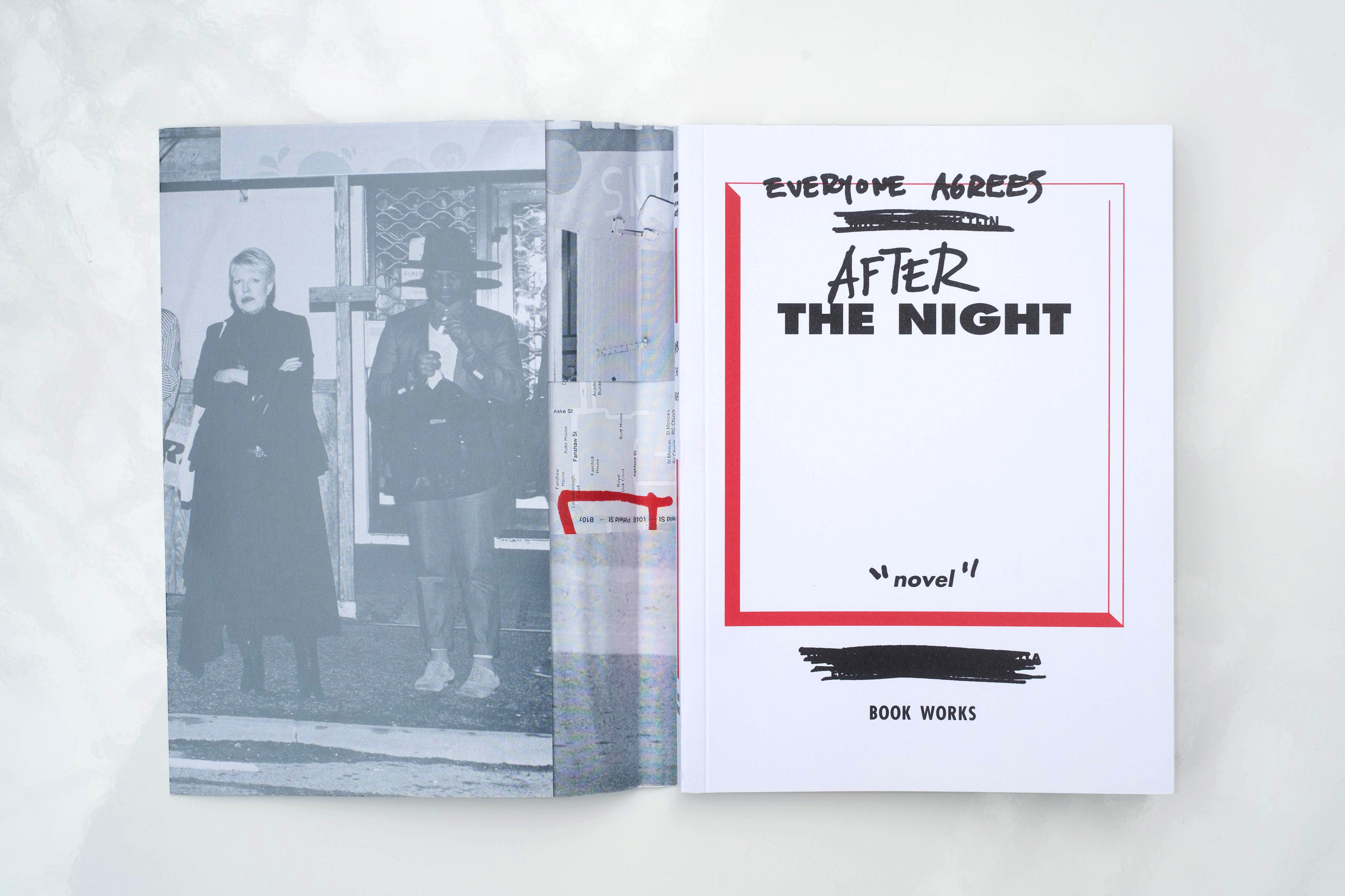
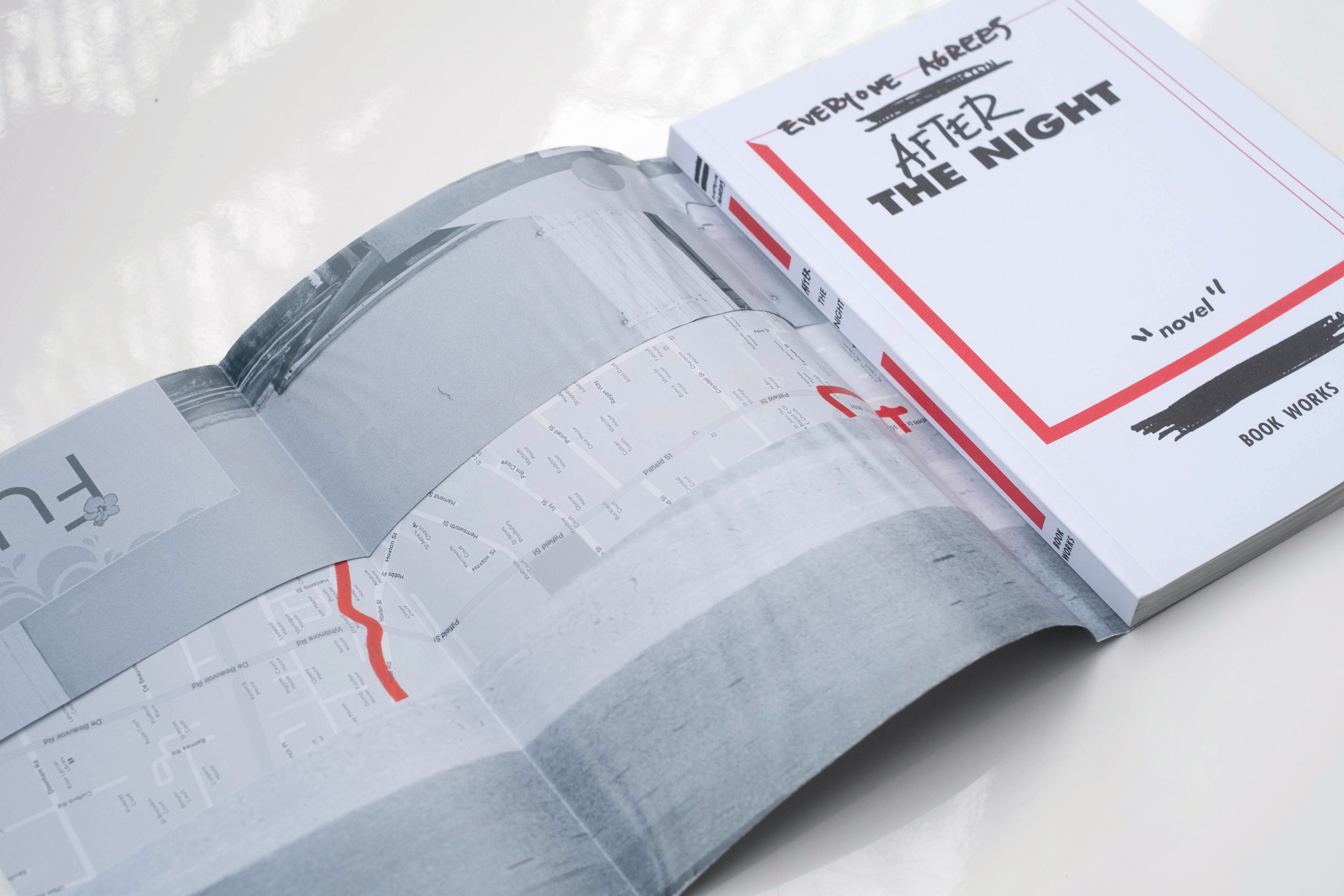
After The Night is about London in 2013. Or, more accurately, certain quarters in the east: Hoxton, Shoreditch, De Beauvoir, Dalston. Or perhaps it’s simply a joke: even more of a joke than La Nuit, the novel it is based on. If so, it may be one that comes at the expense of its protagonists.
The latter – Francis, Savannah, Jurgen and Blaine – belong to the east London art world, and have had varying degrees of success with their various collaborations on the unholy fringes of literature, politics and fashion. Chancing upon Michèle Bernstein at a party in Paris, they persuade her to collaborate with them on a modern day adaptation of her novel La Nuit, seeing it as the springboard to artistic acclaim.
Taking their cue from Bernstein’s original cast – Gilles, Geneviève, Bertrand and Carole – these would-be avatars muse on the contemporary relevance of Bernstein’s themes, while haunting the events of the original novel. Tracing the route of Bernstein’s Paris walk, and directly mapping it onto the streets of London, they hope to gain inspiration for their collective work – but remain defiantly less concerned with matters like ‘reification’ than with the problems of recuperation.
As the failure of their novel plays out through emails pinging back and forth between London, Paris and New York, they ultimately prove less interested in re-contextualising the novel, than literally re-enacting it. In a further homage to Bernstein’s original, the improbable future tense is rendered in a series of black and white captioned images, taken during a fashion festival in the south of France where the project finally unravels for good.
After The Night by Everyone Agrees, has been designed by Erik Hartin, and published with Michèle Bernstein’s second novel, La Nuittranslated by Clodagh Kinsella. Michèle Bernstein was a founding member of the Situationist International. Everyone Agrees operate and publish out of London and New York.
More information at Book Works